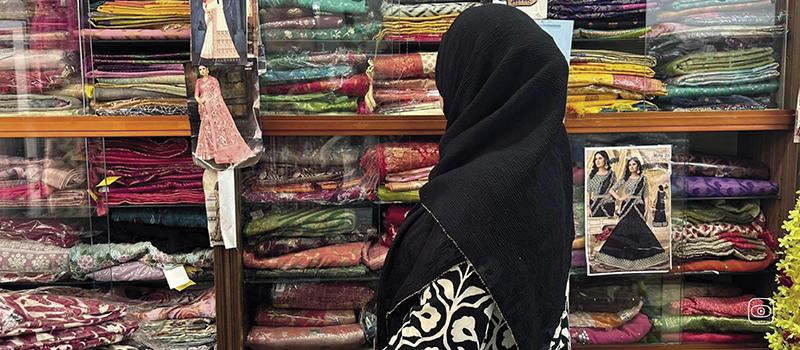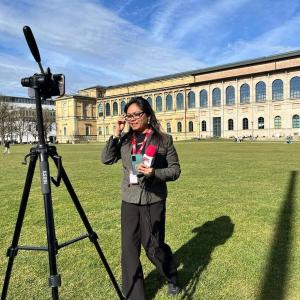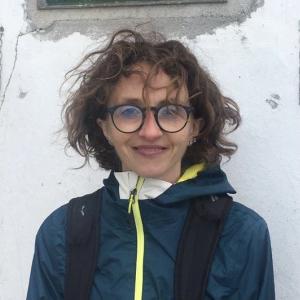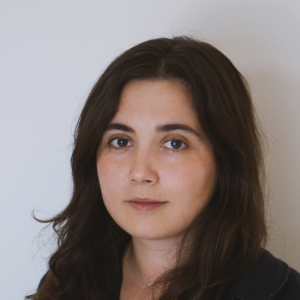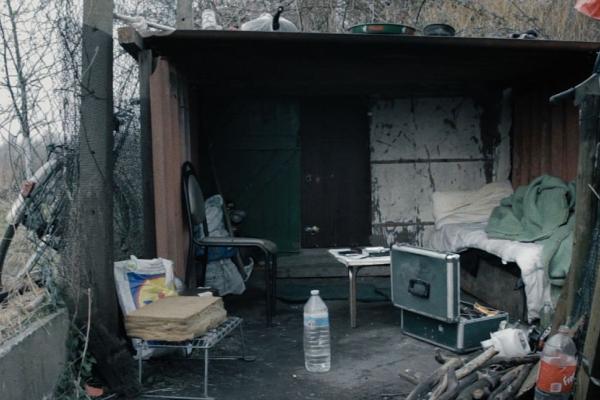When Bangladeshi women arrive in these two countries, they encounter different bureaucratic and regulatory landscapes. At times, they become ensnared in these procedures, which determine their future. For instance, in almost all cases Bangladeshi women arrive through family reunification. This is less common in Germany, where significant numbers also have permits to study or work. They almost always have great difficulty learning the language of their host country, though this is less of an issue in Germany than in Italy. The courses there are more regular, widespread and controlled.
In the face of these challenges, they find different ways of meeting their needs and integrating into society, which do not usually follow standard procedures. They also adapt by seeking spaces of freedom and emancipation.
This investigation focuses on places in four cities of different sizes and characteristics. In Italy, the bustling city of Rome, home to the largest Bangladeshi community in Europe, is in stark contrast to the quiet northern Italian city of Monza, which welcomes just 1,000 Bangladeshi women. In Germany, the report focuses on the bustling city of Frankfurt and the smaller city of Bonn.
Looking beyond the stigma of marginalised, passive Bangladeshi women, the stories depict resourcefulness and considerable autonomy, manifesting in various ways. At the same time, however, the reporting highlights the strong control that their husbands exert over their lives. Some have likened this control to living in a prison, where women are locked in their own houses with little opportunity to break the "silence". They cannot manage their own money, must ask permission for everything and sometimes even have to ask to learn how to ride a bicycle.
Image Bangladeshi women in Europe remain invisible to most people. While emancipated women are no longer the exception, but for too many of them, their husbands still make all the decisions. Photo by Lucrezia Tiberio.
